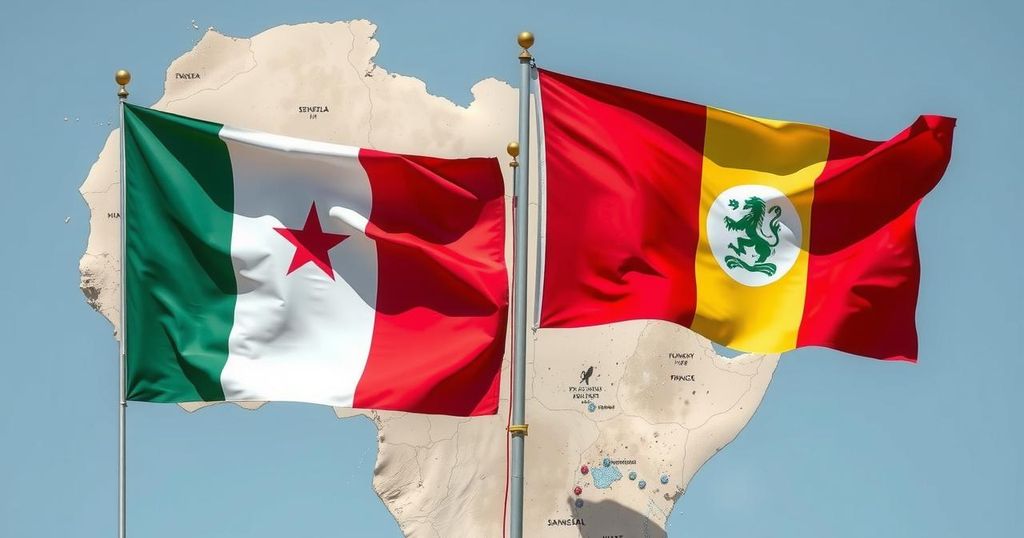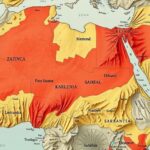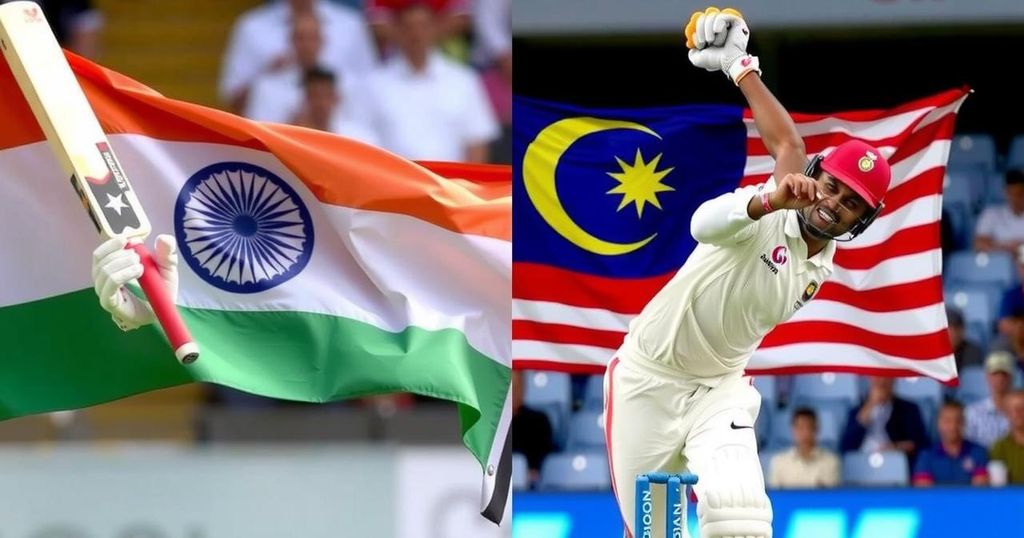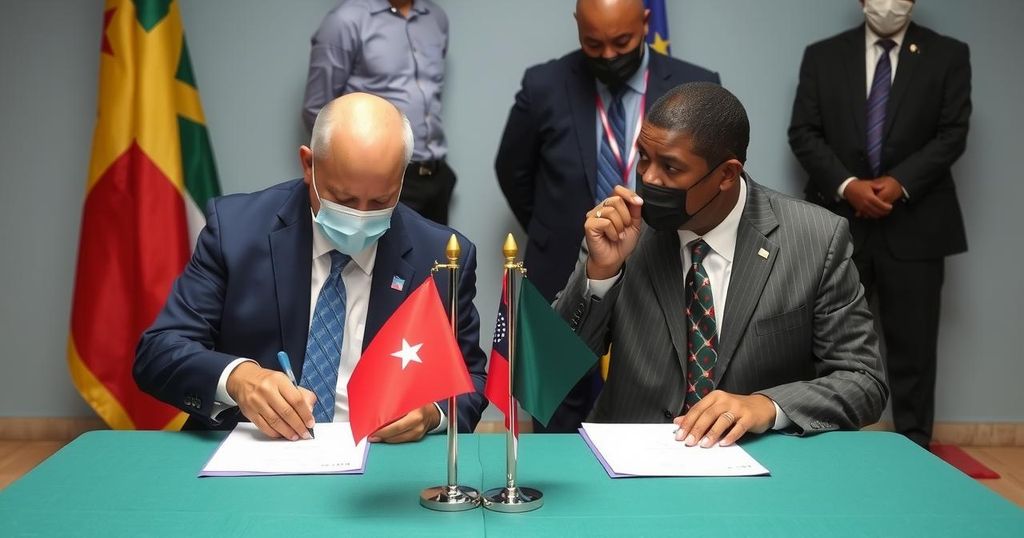Africa’s Sovereignty Gains Momentum as Senegal and Chad End French Military Presence
Senegal and Chad have formally ended French military presence, joining a growing list of African nations asserting sovereignty. This shift reflects widespread discontent with colonial legacies and a desire for alternative partnerships, particularly with emerging global powers like Russia. French President Emmanuel Macron’s criticism of these decisions highlights the tension between African countries and former colonial powers regarding military presence and support.
Africa is witnessing a transformative shift as Senegal and Chad have formally announced the cessation of French military presence within their borders, aligning themselves with nations like Mali, Niger, and Burkina Faso, which previously undertook similar measures. This trend signifies a broader continental movement aimed at reclaiming sovereignty over national resources and territories that have long been subjected to French exploitation.
In Senegal, the government has decisively terminated its defense agreement with France, demanding the expeditious departure of French military forces. Meanwhile, Chad’s government has expressed dissatisfaction with France, asserting that its military was no longer necessary and accusing it of neglecting its security and economic responsibilities. This wave of sentiment against foreign military presence reflects a popular belief among African citizens that French troops exist primarily to safeguard French interests rather than to ensure the security of host nations.
French President Emmanuel Macron openly criticized these developments, referring to the actions of African leaders as instances of “ingratitude.” He contended that French military interventions were critical in preventing regime destabilization in the region. Such assertions, however, have provoked backlash from African leaders, who have pointed out that France has historically benefitted from the sacrifices of African soldiers, particularly during World War II.
The exit of French forces does not merely denote a withdrawal; it embodies a profound recognition of the decline of colonial influence in favor of a new paradigm wherein African nations can assert their autonomy. This moment opens doors for emerging powers, particularly Russia, which has begun to intensify its military and economic engagement with various African countries, resulting in new security arrangements that align more closely with national interests.
As Africa forges its path forward, it faces the crucial challenge of establishing an independent security and economic framework. The question that looms is whether the continent will succeed in maintaining autonomy or find itself entangled in the sphere of influence of new global powers, shaping its future in unpredictable ways.
The article discusses a significant trend in Africa where nations are taking steps to reduce or eliminate French military influence, reflecting a broader movement aimed at achieving true sovereignty. The historical context of French colonialism and subsequent military presence has fostered ongoing debates about sovereignty and self-determination in African countries. Recent developments suggest a continental shift in alliances, with countries seeking new partnerships that prioritize their national interests over colonial legacies.
In conclusion, Senegal and Chad’s decision to terminate French military presence marks a pivotal moment in the quest for African sovereignty. These developments resonate with a growing sentiment among African nations to assert independence from former colonial powers. The evolving geopolitical landscape raises critical questions about how these nations will navigate new alliances and whether they can establish a system that genuinely serves their interests without succumbing to new forms of influence.
Original Source: www.watanserb.com








Post Comment